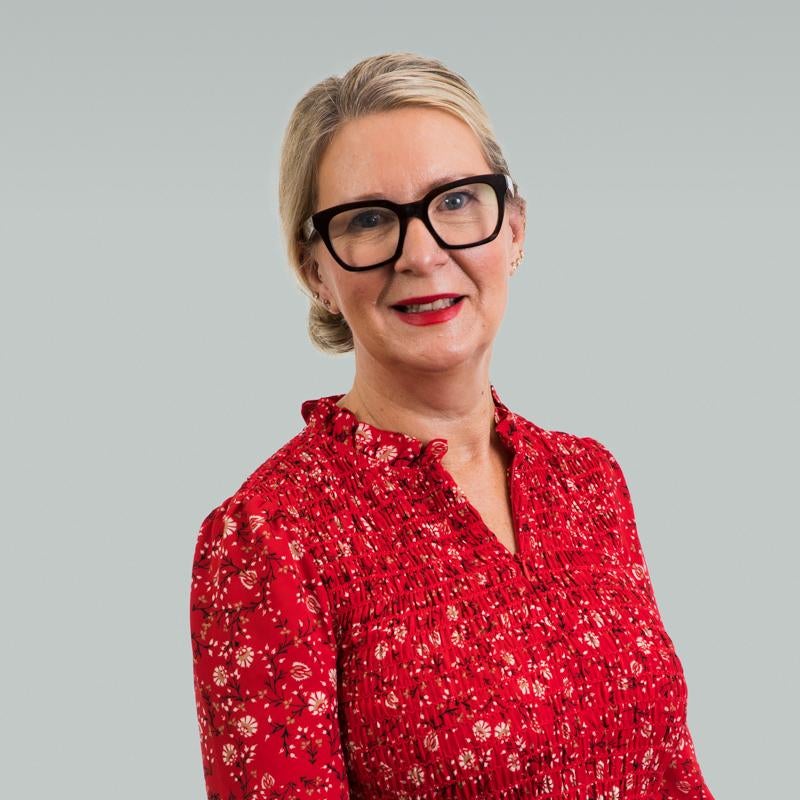To celebrate international youth day, The Accountant and International Accounting Bulletin asks professionals aged under 35 to share their thoughts on the profession: why they qualify as accountants, whether it was challenging and, now that they are in, how they see the profession and where it is going.
Daniel White
Corporate and business services director at Bishop Fleming LLP
I am quite a social person and I have always had the ability to get on well with people from all walks of life. At school, I only really excelled in sports and maths so I decided to pursue a career that involved maths.
I chose this profession when I was coming towards the end of my time at sixth form. I had applied (and been accepted) for several university courses across the country in either Maths or Sport related degrees as these were the only subjects I really enjoyed and excelled at, however towards the end of year 13th, it was becoming very apparent that I was not enjoying spending time in a classroom anymore, so I started to doubt if university was for me. I then met a Football Coach on an FA training course that told me about his career as an accountant during the mornings and a kid football coach in the afternoons and he explained to me about the Association of Accounting Technicians (AAT). I then went home and googled AAT and applied for an AAT role at Bishop Fleming and started my career here a week after my last A level exam.
I studied AAT at a night class at A plus training in Plymouth. After two years, I was fully AAT qualified. I did find most of this course relatively easy, but I think that is because it fitted in well with the work I was doing at the time at Bishop Fleming. I never really started a new chapter of the qualification without having covered it already at work. Having this real life experience to apply to my studies was invaluable. I then went onto studying ACA at Reed Business School. I started at 20 and qualified at 22. Although upon reflection, I managed to progress through the ACA exams relatively quickly, I would definitely say these were the hardest exams I have ever taken. There was an awful lot to cover and the exams were very time pressured. Through both the ACA and AAT qualification, I was always well supported by my colleagues at work. Either those who had been through the process more recently and were available to help me or those more senior who would help from a mentoring point of view.
How well do you really know your competitors?
Access the most comprehensive Company Profiles on the market, powered by GlobalData. Save hours of research. Gain competitive edge.

Thank you!
Your download email will arrive shortly
Not ready to buy yet? Download a free sample
We are confident about the unique quality of our Company Profiles. However, we want you to make the most beneficial decision for your business, so we offer a free sample that you can download by submitting the below form
By GlobalDataI think that the profession is well respected in the business world and is a great one to be a part of if you are looking to be in the business world. The opportunities that open up to accountants are endless. It is a profession that can be quite demanding at times but when you are in a position of responsibilities that is always going to be expected.
I decided to look to leave Bishop Fleming and go to work in London. I had never lived away from Plymouth and wanted to experience something new. This caused a few problems in some applications as I was viewed as a young lad from the country who happened to have an ACA qualification and the more traditional firms were looking for a degree educated induvial, mid 20’s with larger firm experience alongside their ACA. However every firm that gave me an interview actually made me a job offer including two top 20 firms. As once they met me, they realised I had had a very good training plan at Bishop Fleming. So I found occasional difficulties in having to prove myself as a young man, without a degree and not with a home counties accent on more than one occasion, both with prospective firms and in some occasions with older more traditional colleagues and clients.
Just from looking at the ICAEW website you can say that there is a lot of information on there for people looking to come into the industry. They then follow that up with support for students in their early stages in the profession. The ICAEW has also developed a work experience toolkit which we use for anyone that comes to our office to gain some work experience.
I have only been in the profession for just over 12 years now but I have seen it change dramatically in that time. Technology is the obvious area that has changed. The development of computer software, mobile phones, mobile broadband, wifi, video conferencing are just a few areas that have impacted the industry and will continue to influence it. The younger generation of people not only coming into accountancy but also into business have grown up in a ‘digital age’. These are people that are used to fast information. The days of writing letters and responding within a week are gone. The days of sending an email or making a phone call and waiting for someone to come back to the office are going too. We as an industry are having to adapt from our traditional profession and there are opportunities there for those that can offer good solid accountancy services but in a new modern way.
I think that my generation has grown up with computers and improving technology and has always embraced it. We are not wary of machines; we want to make the most from them. As a result I think my generation will see that we have to offer a service that is better and different to what someone can get from a machine. If the product is going to be the same from a small time bookkeeper to that of a top ten accountancy practise then why would someone pay extra for it? This is a key question and the answer should be the advice and service that are delivered around the product. The answer should be to get closer to clients to be more interactive with clients on a more regular basis to foresee potential problems for clients earlier and provide advice on how to avoid or resolve problems as early as possible





